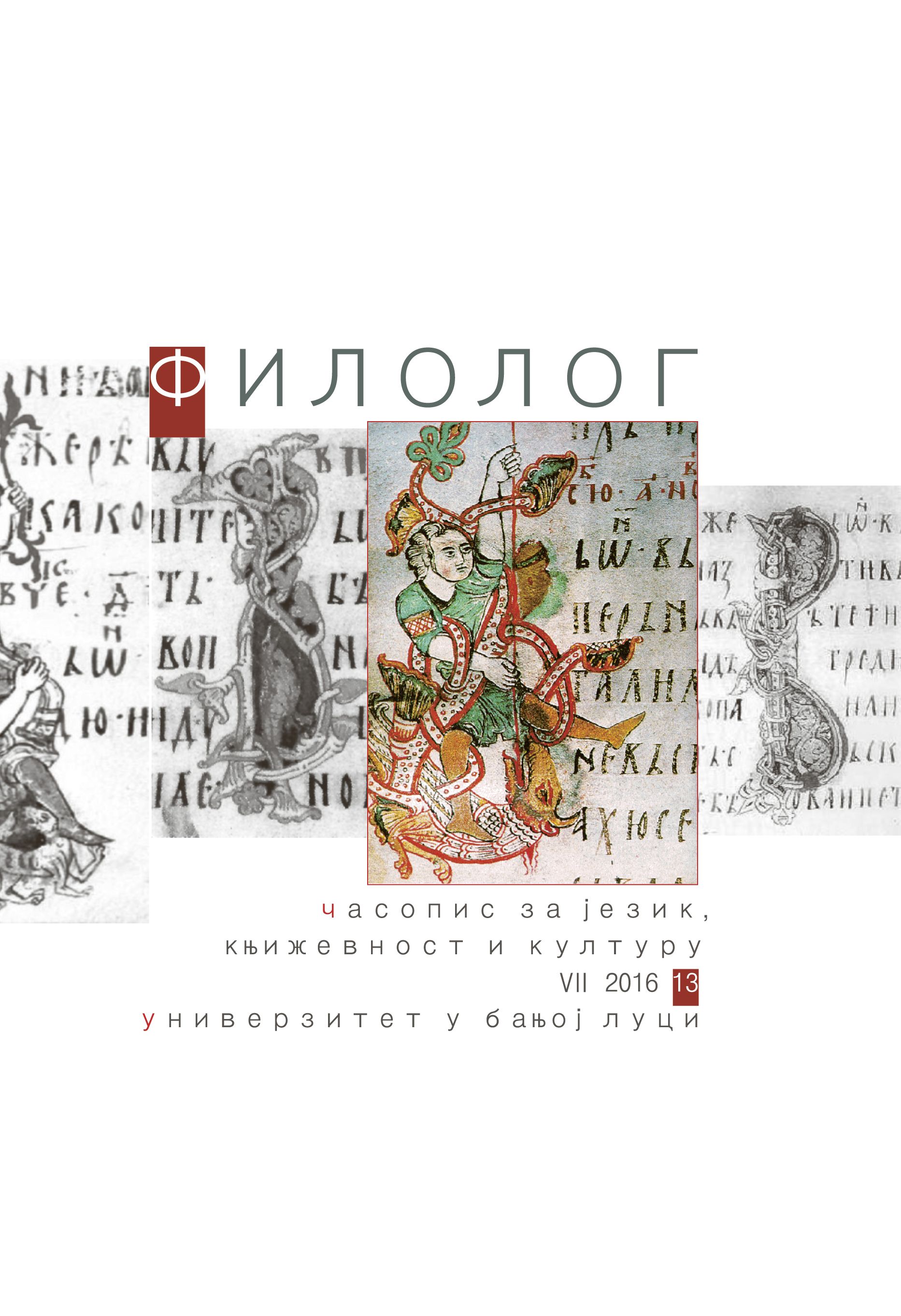Префињеност једне самообмане или како разумети Ставрогина
The Subtlety of Self-Deception or How to Understand Stavrogin
Author(s): Snežana KadićSubject(s): Novel, Russian Literature, Philology
Published by: Филолошки факултет Универзитета у Бањој Луци
Keywords: Dostoevsky; Stavrogin; evil; devil; demonic;
Summary/Abstract: This paper deals with the evil and demonic issues in F. M. Dostoevsky’s Demons. The theoretician of the ‘wretched issues of being’ subtly and in a keen-sighted manner investigates the idea of a godman plummeting into the abyss of the horrifying character of Nikolai Vsevolodovich Stavrogin. Dostoevsky writes about the demonic individuality of Nikolai Stavrogin, a man of divine pride and subtle haughtiness, a man who has developed within himself an unheeded and genially bestial capability of inflicting evil, ‘a genius of evil’. This ‘spiritual rebel’, ‘demon of irony’, as his creator calls him, makes himself a god-like figure and, being separated from the genuine godly likeness, reduces himself to the category of sub-human, sinking into the apparition of being and existence. This paper predominantly explores the nature and causes of evil in the actions of the novel’s protagonist. Through the character of the seemingly omnipotent Stavrogin, Dostoevsky introduces a type of ‘new man’, the embodiment of subtle and seductive evil, who intoxicates with his insensitivity, self-complacency and headstrong nature, hiding, at the same time, deep within himself the impersonality and desolation of self-deception that leads first into despair and, then, into disaster. The Stavroginian evil is a secretive, mysterious, yet cynical, apocalyptically bestial mocking of the godman figure of Jesus Christ.
Journal: Филолог – часопис за језик, књижевност и културу
- Issue Year: 2016
- Issue No: 13
- Page Range: 495-509
- Page Count: 15
- Language: Serbian

